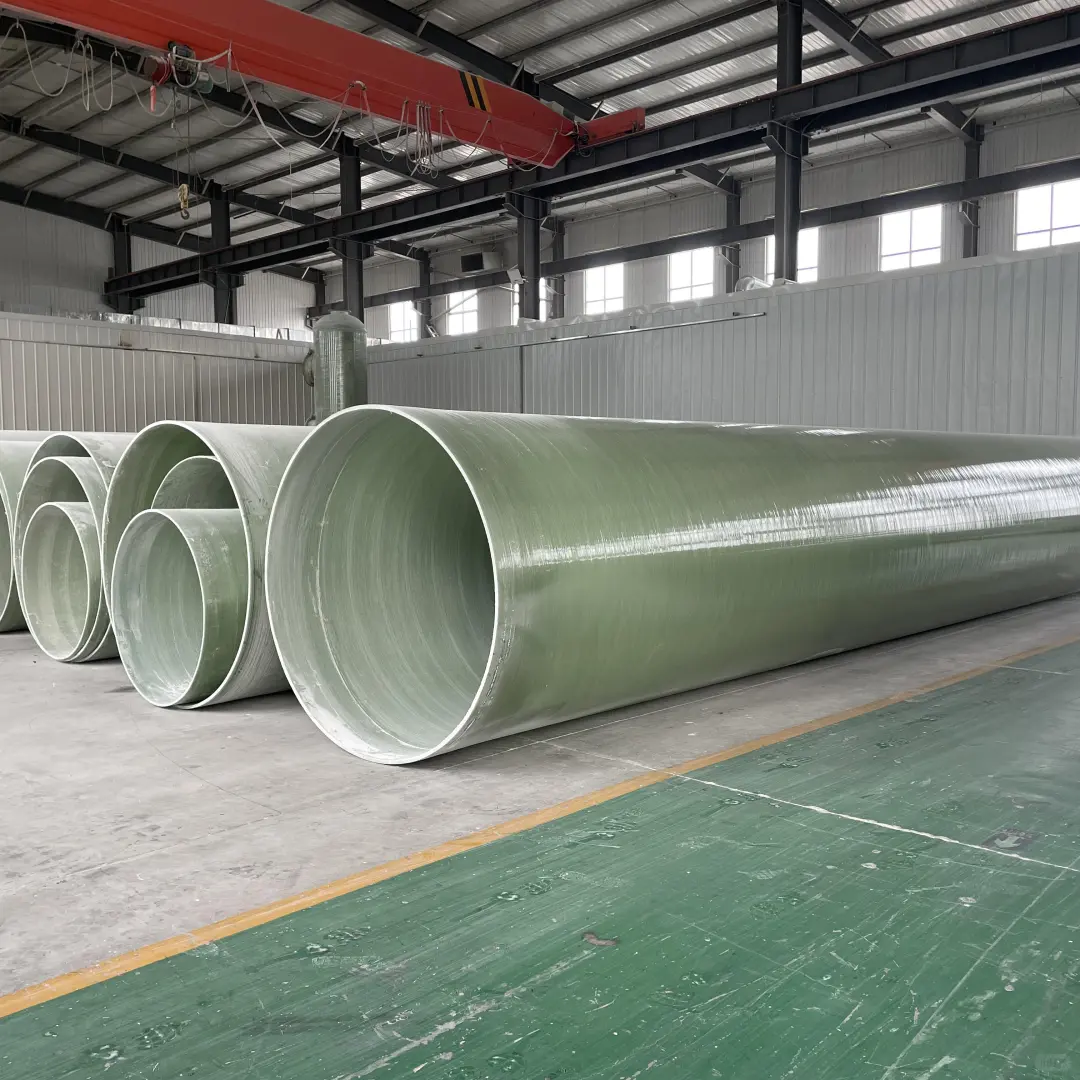
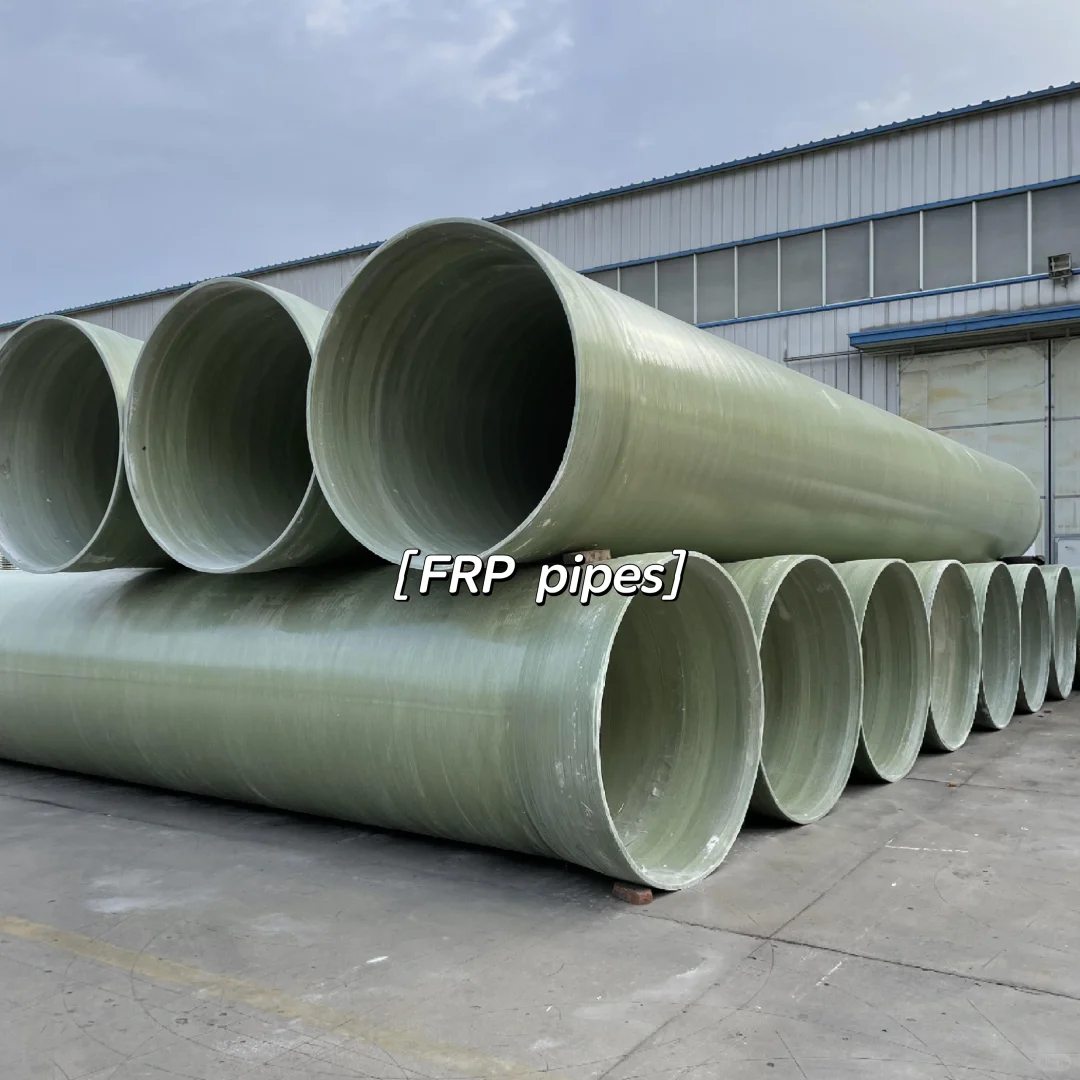
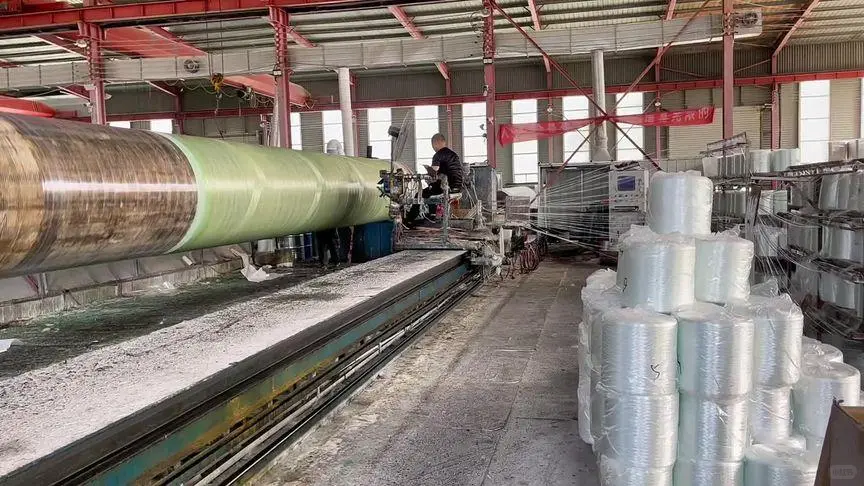
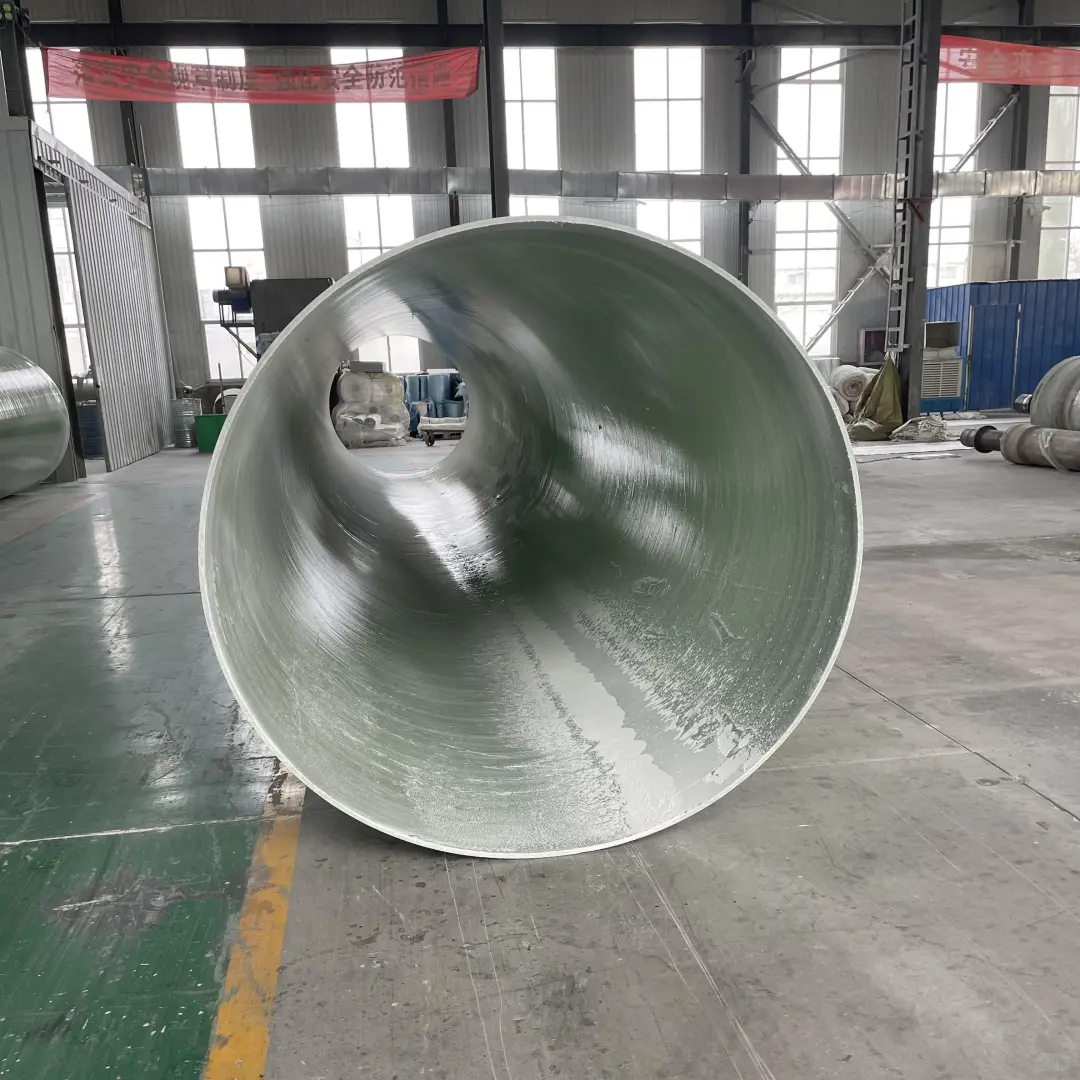
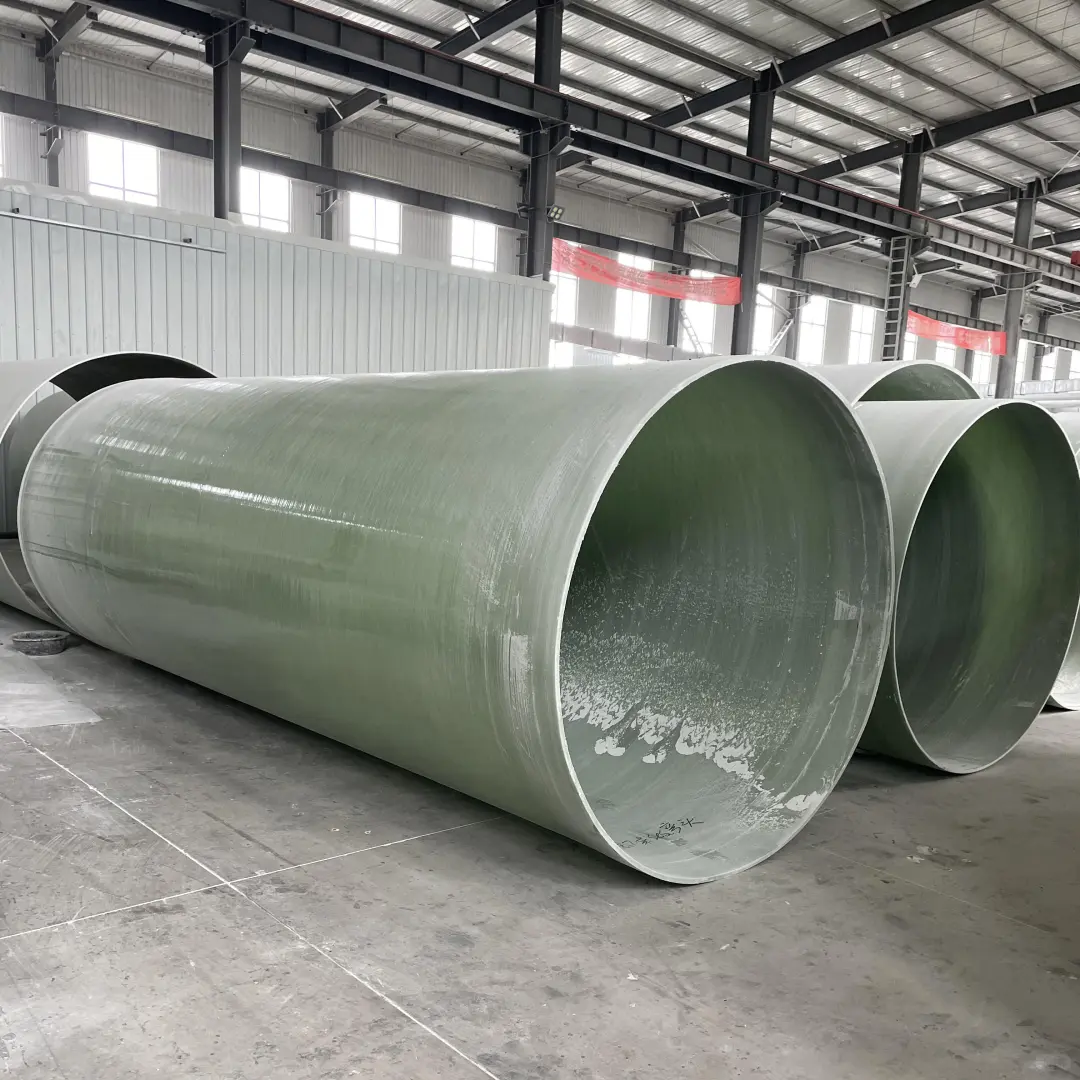
Understanding FRP Pipes in One Article: Pipes with Excellent Performance \"All-rounder\"
FRP pipes are widely used in many fields due to their excellent performance and are an ideal choice for many engineering projects. In municipal water supply and drainage, it can ensure water quality safety as a water supply main and distribution pipe for urban water supply. It can resist sewage erosion and be used for collection and transportation in drainage projects. In the industrial field, it is used in the chemical industry to transport corrosive media, in the power industry as a circulating water pipeline, and in mines for tailings transportation. It improves water delivery efficiency in agricultural irrigation. In the oil and gas industry, it is used to transport crude oil, refined oil, chemical raw materials and natural gas gathering and transportation.
FRP pipes have significant advantages. They are made of high-performance resin and glass fiber composite, have strong corrosion resistance, excellent corrosion resistance to various chemical media, and long service life. Its density is only 1/4 - 1/5 of that of steel. It is light and high-strength, easy to transport and install, and can withstand high internal pressure and external loads. The inner wall is smooth, the hydraulic performance is good, the roughness is low, the hydraulic friction resistance is small, and the energy consumption and long-term operation cost are reduced. The design is highly flexible, and the fiber layup and resin formula can be adjusted as needed to change the pipe diameter, wall thickness and other properties. It uses food-grade resin, has reliable hygienic performance and meets drinking water hygiene standards.
#Fiberglass Pipe #Pipeline Use #Pipeline Advantages
FRP pipes are widely used in many fields due to their excellent performance and are an ideal choice for many engineering projects. In municipal water supply and drainage, it can ensure water quality safety as a water supply main and distribution pipe for urban water supply. It can resist sewage erosion and be used for collection and transportation in drainage projects. In the industrial field, it is used in the chemical industry to transport corrosive media, in the power industry as a circulating water pipeline, and in mines for tailings transportation. It improves water delivery efficiency in agricultural irrigation. In the oil and gas industry, it is used to transport crude oil, refined oil, chemical raw materials and natural gas gathering and transportation.
FRP pipes have significant advantages. They are made of high-performance resin and glass fiber composite, have strong corrosion resistance, excellent corrosion resistance to various chemical media, and long service life. Its density is only 1/4 - 1/5 of that of steel. It is light and high-strength, easy to transport and install, and can withstand high internal pressure and external loads. The inner wall is smooth, the hydraulic performance is good, the roughness is low, the hydraulic friction resistance is small, and the energy consumption and long-term operation cost are reduced. The design is highly flexible, and the fiber layup and resin formula can be adjusted as needed to change the pipe diameter, wall thickness and other properties. It uses food-grade resin, has reliable hygienic performance and meets drinking water hygiene standards.
#Fiberglass Pipe #Pipeline Use #Pipeline Advantages

